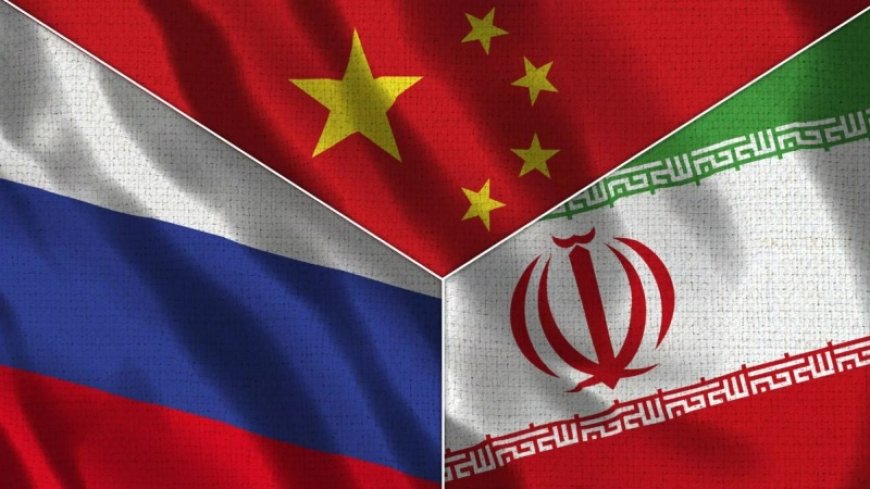The head of CENTCOM, General Michael Kurilla, Thursday (21/3/2024) in a hearing with the US DPR Armed Forces Commission, said that Washington was very concerned about the growing triangular coalition of Iran, Russia and China.
He claimed, "In general, Iran, Russia and China, are strengthening ties, and creating a chaotic scene that is desirable for its own interests."
The Head of CENTCOM's statement, delivered exactly two weeks after the US Senate Armed Services Committee, expressed similar claims, and raised concerns about strengthening relations between the three countries.
The CENTCOM chief explained, "What we are seeing now is Iran leaning on China, and Russia leaning on Iran. Iran sells 90 percent of its US-sanctioned oil to China."
He added, "China, by buying oil from Iran, finances the activities of the Islamic Republic, in the Middle East region."
At the same time Kurilla, again accusing Iran, of selling drones to Russia, for use in the war in Ukraine. "Iran built a factory for Russia, which was used to help produce drones," he concluded.
Deputy Commander of US Central Command in the Middle East, CENTCOM, Admiral Brad Cooper old CBC News that the war in the Red Sea was the largest naval battle the US had faced since WWII.
He added that the US Navy had deployed around 7,000 marines to the Red Sea area, making this war the largest war the US had ever participated in.
"I think to find a moment when this many ships were deployed to a battle site, we have to go back to the WWII era," said Cooper.
The Deputy Commander of CENTCOM explained that US forces, since the start of the Yemeni attack on ships in the Red Sea, have fired around 100 surface-to-air missiles to neutralize Yemeni missiles and drones.
At the same time, Brad Cooper claims that the US strikes have weakened Yemeni forces to a large extent. He also said that the Yemenis, without Iran's support, would not have been able to carry out such attacks.
Meanwhile, the Yemeni Armed Forces insist on continuing attacks on Israeli, US and British ships, as well as ships helping Israel, as long as Gaza remains the target of Zionist military aggression.

